Best Foods To Eat For Eczema
Combat the itch for good with nutritional intervention and healing foods.
Fed up with painful, dry and cracked skin? Constantly scratching or applying moisturizer? Eczema can affect us at any age and can cause distress and embarrassment. Rather than resorting to steroid creams, it’s worth investigating underlying triggers and take steps to heal and nourish the skin.
In most cases the root cause of the inflammation is often a combination of exposure to irritants, unidentified allergies or food intolerances, and a predisposition to inflammatory reactions which can be aggravated by the wrong kind of diet, as well as stress and anxiety. By tackling the root causes, most people find partial and in some cases complete relief.
This means:
- Checking for airborne, food or chemical allergies
- Addressing imbalances in gut health – whether infections, intestinal permeability or poor digestive function
- Reducing the production of inflammatory chemicals like histamine.
- Ensuring an optimum intake of anti-inflammatory nutrients and foods.
- Checking any medications for inflammatory side effects.
- Balancing blood sugar, reduce stress and the use of stimulants.
While you can be reacting to potentially any food, common food reactions include wheat, gluten, dairy, eggs, citrus, peanuts and yeast. You can undertake food sensitivity testing with blood IgG testing or consider following an elimination diet for 2 weeks to see if there is any improvement.
Gut infections may also be playing a role – a comprehensive stool test is the easiest way to determine whether this is a problem and Cyrex testing is also available to look at intestinal permeability too.
For other people reducing their intake of histamine containing or promoting foods can be beneficial – examples of high histamine foods to avoid include canned fish, chocolate, vinegar, pickled foods, smoked foods, walnuts, cashew nuts, beans and pulses. matured cheese and shellfish.
Following a more anti-inflammatory diet is important – add in turmeric, pineapple, papaya, red onions, berries, garlic, ginger, green tea, spirulina and focus more on poultry and fish for protein rather than red meat.
Meat and dairy products are high in arachidonic acid, a type of omega-6 fat that can promote inflammation, while flax and chia seeds and oily fish are high in omega-3s. Omega 3 fats are anti-inflammatory. So too are a type of omega 6 fat, GLA, found in evening primrose and borage oil. Checking your balance of these fats can be very useful
A number of studies have found that supplementing evening primrose oil, a rich source of gamma-linolenic acid (GLA), the most potent omega 6 fat, reduced both the itching, redness and swelling in eczema so a combined supplement may be useful.
MSM (methylsulfonylmethane) is a sulphur based natural component found in certain foods. Sulphur is particularly useful for our skin, connective tissues, collagen production and health of our hair so a supplement may be worth trying. MSM also provides beneficial bacteria with building blocks for the manufacture of major anti-allergy, anti-inflammatory sulphur-containing amino acids, such as methionine and cysteine. So in addition to MSM adding in certain probiotics may be helpful. Certain strains are showing more promise than others – Lactobacillus rhamnosus GG (LGG) and other Lactobacillus strains have been shown to be helpful in preventing eczema. If you are not reacting to histamine then consider making your own fermented foods to take daily as well.
Certain nutrients are known for their anti-histamine and anti-inflammatory properties. Vitamin C is a natural anti-histamine so add in citrus fruits, red pepper, kiwi fruits, berries, leafy green vegetables.
Quercetin is a natural plant antioxidant known to help lower histamine. Good food sources include capers, onions, apples, peppers, chillis, dill, cherries, berries, spinach, coriander and buckwheat. Try a supplement in addition around 300mg – 1g daily
Foods rich in beta carotene and lycopene may also be healing for the skin – so add in plenty of red and orange vegetables and fruits – tomato, butternut squash, apricots, sweet potato, watermelon and of course leafy greens are good sources.
Check your vitamin D levels. In recent years, there has been an increased interest in the role that vitamin D plays in the immune system and, in particular, allergic diseases. It is known that vitamin D receptors are found in multiple tissues and cells in the human body so keeping your level optimal can help lower inflammation in the body and support healing.
Several studies provide evidence on the relationship between vitamin E intake and asthma or allergic diseases. Good foods include avocado, nuts and seeds, oily fish and leafy greens.
Here are some top foods to include
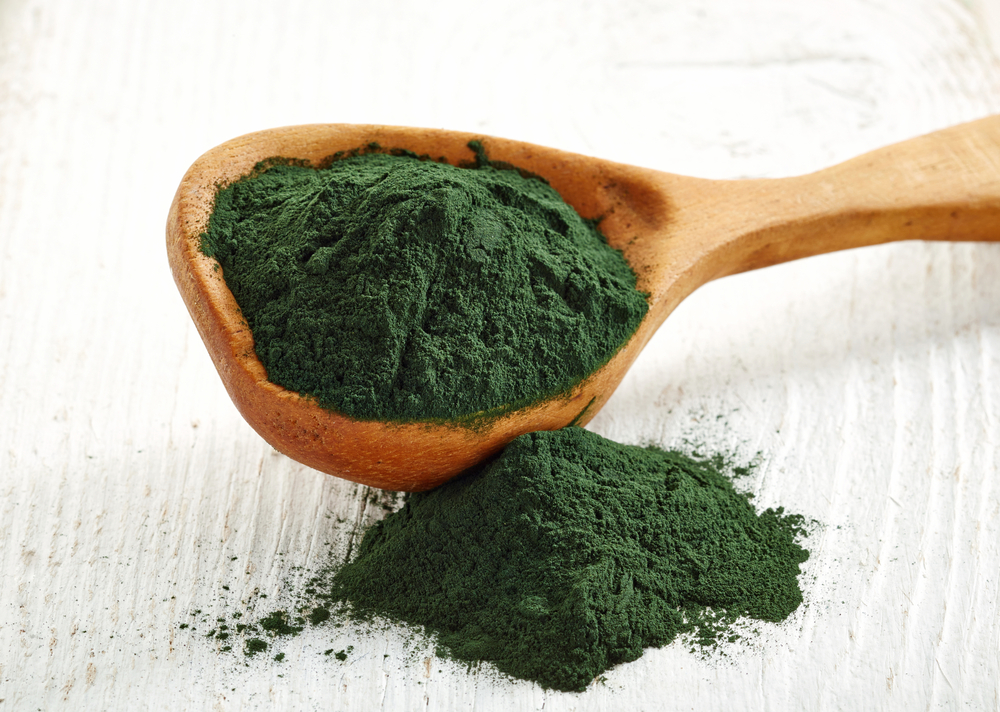
Spirulina – studies have shown spirulina lowered IgE levels and, correspondingly, attenuated degranulation of nasal mast cells, resulting in suppressed histamine levels in serum. Spirulina is also known to support detoxification supporting liver health too
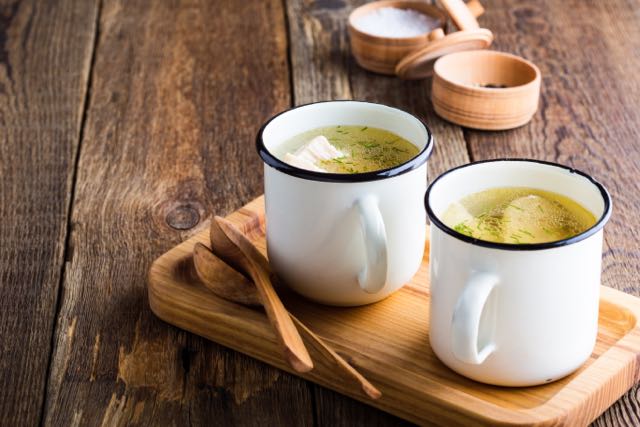
Chicken Broth / Bone Broth – great source of amino acids and collagen to support healing of the skin
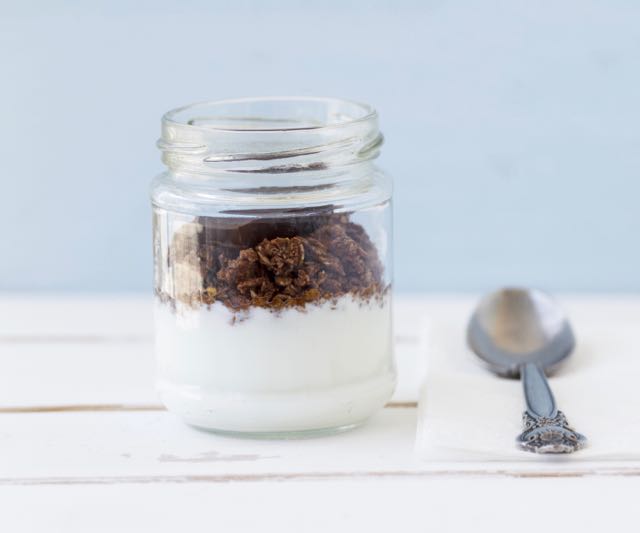
Buckwheat – rich in rutin and quercetin to lower histamine and has strong anti-inflammatory effect – check out our buckwheat crunchies
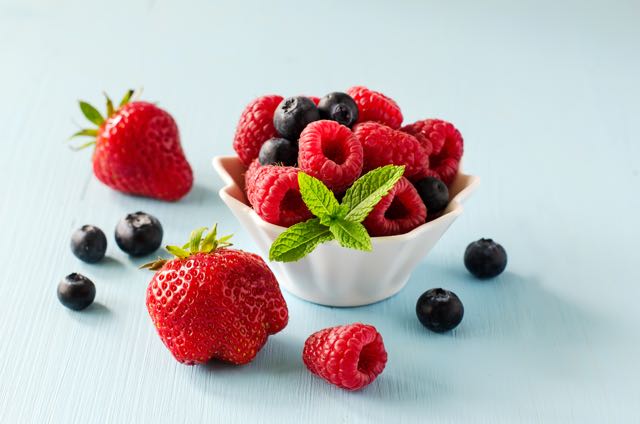
Berries – rich in anti-inflammatory polyphenols, vitamin C to lower histamine and help with the production of collagen important for skin health
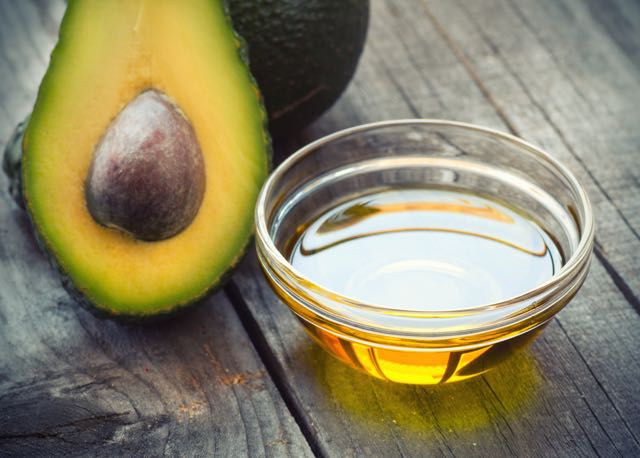
Avocado – rich in vitamin E and protein to support skin healing and protection
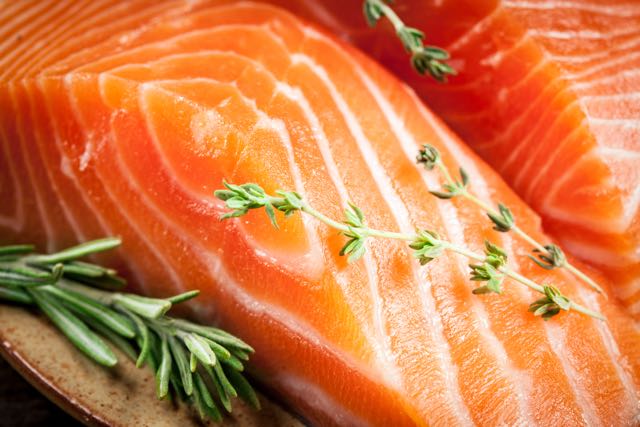
Salmon – oily fish is a great source of protein to support healing and omega 3 fats known to help lower inflammation

Coconut oil – rich in medium chain triglycerides, lauric acid and capyriic acid known for their immune supportive and anti-microbial properties. Try using this topically in addition to including it in foods to moisture the skin directly.
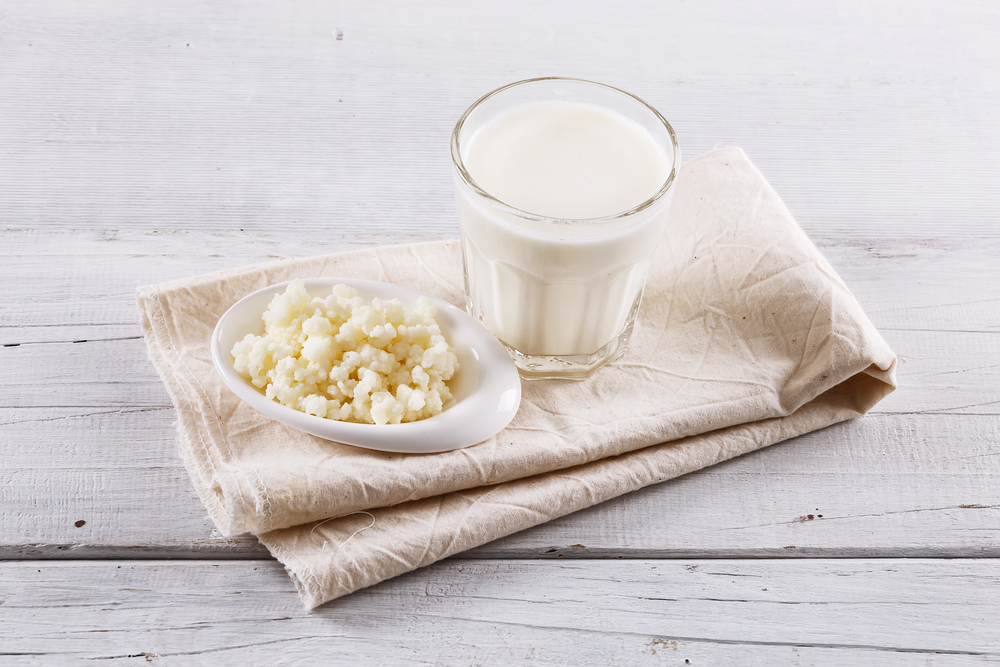
Coconut yogurt and kefir– for some people dairy can aggravate skin conditions so switch to coconut yogurt and coconut kefir to naturally boost your levels of beneficial bacteria in your gut
If you are having ongoing problems with your skin health you may wish to book in for a nutritional consult for one to one advice

